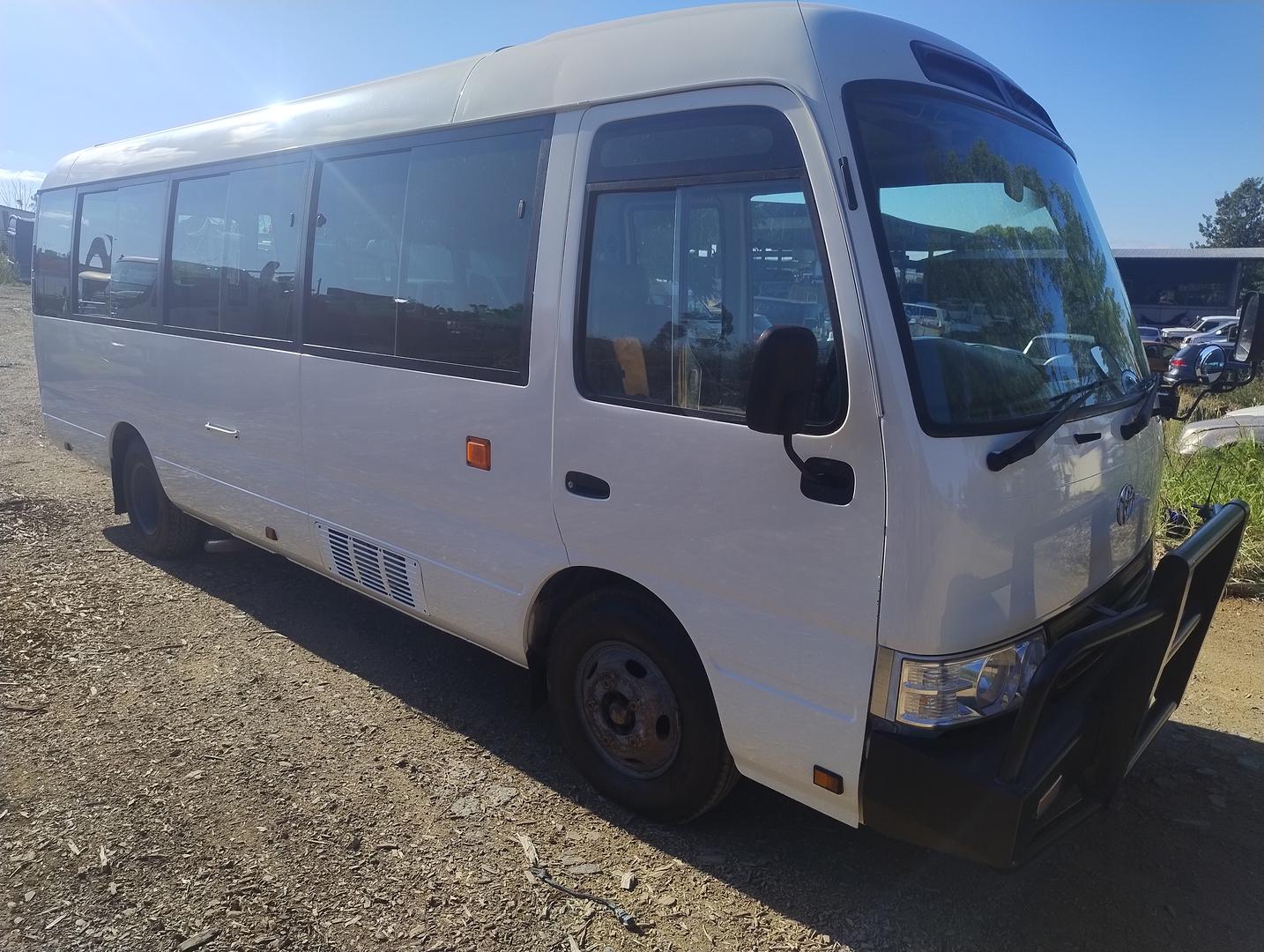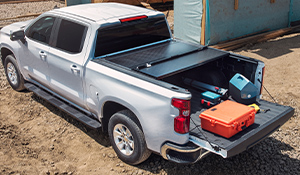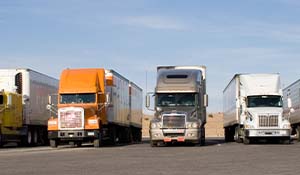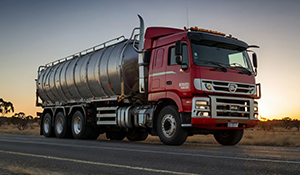The 3 essential things you must do before considering truck finance
According to the Australian Bureau of Statistics, there are over 624,000 trucks registered in Australia and about $1.2 billion worth of commercial vehicle loans (2019). According to the Truck Industry Council, the Australian new truck market is $4 billion industry.
As Australia’s truck fleet ages, with the average operating truck being 14 years old, operators and businesses are looking to upgrade their models to ensure safety reliability, efficiency, and in some cases, to take advantage of emerging technologies such as alternative fuelling.
For most businesses that need a truck to turn a buck or two, they’ll need to finance a truck in one shape or another.
Before you rush off to buy your next big rig, even though you might have a vague idea of what you want or what you’ll use it for, you need to consider three essential things before you arrange finance.

1. Assess your budget
Before doing any research on truck makes and models, you must nail down your budget. Your budget must look at your current cash flow and how the truck will potentially return on your investment. You should ask yourself and your colleagues a few questions when getting your budget sorted:
- Do I want the latest model which could be more expensive now, but safer and more fuel efficient?
- Should I buy a truck with alternative fuel options?
- Should I buy a truck with bells and whistles such as electronic driver assistance, or install it after market?
- If I expand, will I need a bigger truck than I need right now?
- Is my truck use seasonal? Is my cash flow dependent on the use of the truck?
- Considering the average use of the truck, how much life has it got left? Will I need to overhaul it sooner or later?

Savvy CEO and equipment finance expert Bill Tsouvalas says that your thinking should be for both the short-term and long-term business strategy.
“These questions should cover ‘can we afford this now’ and ‘will this truck make more money than we put into it?’ The truck should be a performing asset, which means something you own that directly makes business income. Don’t think of a truck as a massive expense; think of it is as a long term asset that you’re paying off in instalments.”

2. Set up your business case
Since you’re going to approach a business lender or broker to finance your truck, you need to figure out your business case.
More than simply asking “what is the truck going to be used for,” it’s a plan to show how the truck will directly impact your business growth. The truck must be an investment in the business. For example, if you have one truck running freight to one destination, adding another might allow you to haul more or open a new route. Another business case is to consider a larger truck that can haul heavier plant . This means you can gain additional revenue streams through towing specialised, bulky equipment.
It all depends how your business will use the truck to make more money than it does now, above repayments for the truck, insurance, maintenance, fuel, and other overheads.

3. Figuring out your method of finance
There are many ways to finance your truck to ensure maximum profitability. You can opt to buy your truck outright or lease it using a range of options.
The most common finance options are chattel mortgages and hire purchases. These operate the same way and are open to registered businesses. Both products allow you to claim back GST, interest, and depreciation as well as the fuel input tax credit. You can also finance all of the truck without a deposit, or borrow more to cover upfront costs so it doesn’t impact cash flow.
The main difference between chattel mortgage and hire purchase is ownership – your business takes ownership immediately whereas your lender owns the truck in a hire purchase. This doesn’t affect anything in practice.
If you want to lease your truck you might consider a finance lease or operating lease instead. You don’t gain equity in the truck, but you can trade-in the truck for something else at the end of the lease. Less money is needed up front but can often cost just as much as financing a truck outright with nothing to show for it at the end. You also won’t be able to modify the truck as you please.
The advice here is general in nature. Remember to consult the advice of a financial professional before making any major business finance decision.

Author: Bill Tsouvalas.
Bill founded Savvy in 2010 with an aim to connect Australians with competitive loans using the latest in technology. He has over 15 years of experience in finance, fintech, and economics.













